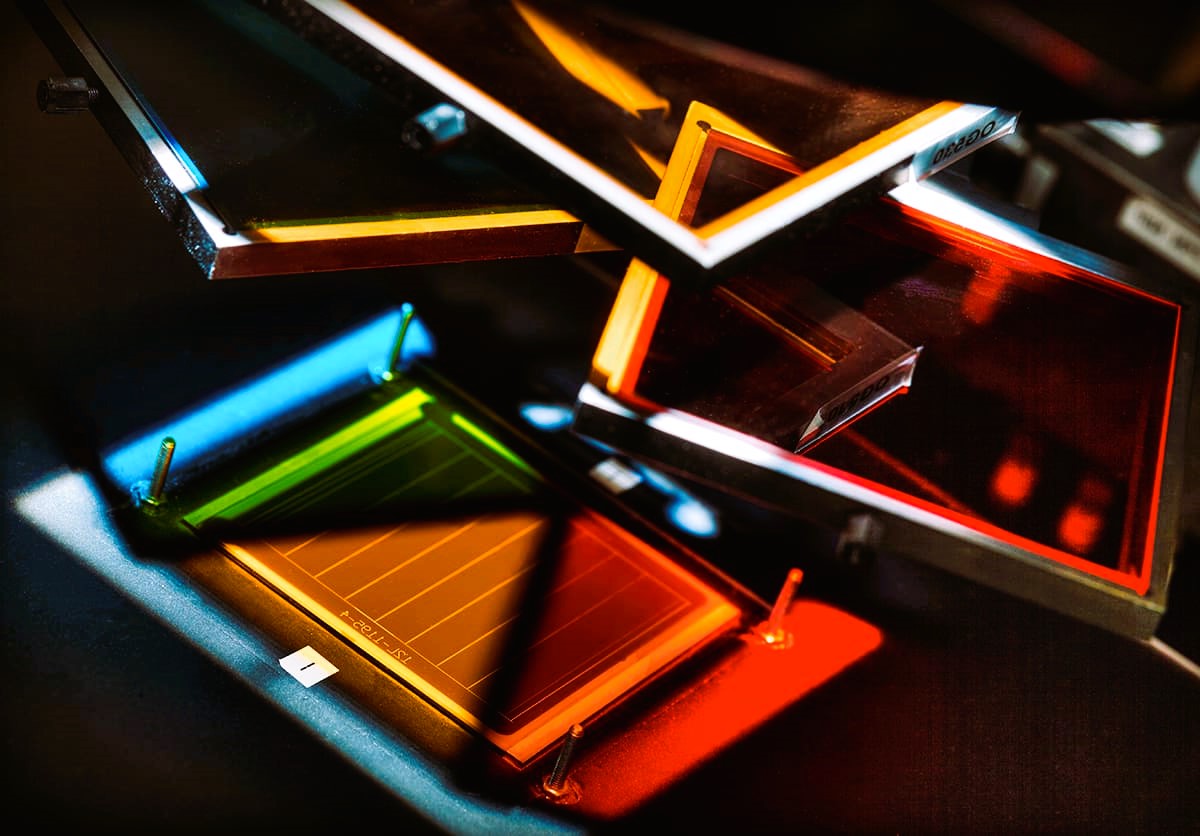Glass production has undergone significant advancements over the years, and the future promises even more exciting innovations. From the development of smart glass to the integration of bioactive materials, the landscape of glass manufacturing is evolving rapidly, driven by technological breakthroughs and a growing emphasis on sustainability and functionality.
Smart Glass: Revolutionizing Building Design
Smart glass, also known as switchable glass or dynamic glass, is one of the most promising innovations in the field of glass production. This revolutionary material can change its properties in response to external stimuli such as light, heat, or voltage. By incorporating technologies such as electrochromism, thermochromism, or liquid crystal dispersion, smart glass offers unprecedented control over light transmission, heat gain, and privacy.
One of the key applications of smart glass is in architectural design. Buildings equipped with smart glass facades can dynamically adjust their transparency or opacity to optimize daylighting, reduce glare, and enhance energy efficiency. Additionally, smart glass can be used in automotive windows, aircraft cabins, and electronic devices, offering users greater comfort and convenience.
Nanotechnology in Glass Manufacturing

Nanotechnology is poised to revolutionize various industries, including glass manufacturing. By manipulating materials at the nanoscale, researchers can create glass with enhanced properties such as improved strength, durability, and conductivity. Nanoparticles can be incorporated into glass formulations to impart specific functionalities, such as self-cleaning surfaces, anti-fog coatings, or UV-blocking properties.
Moreover, nanotechnology enables the development of advanced glass composites with tailored mechanical, optical, and electrical characteristics. These nanocomposite materials have applications in electronics, aerospace, healthcare, and renewable energy sectors, driving innovation and opening new avenues for glass-based technologies. Do you like the article? We recommend reading about the Future of glass production.
Bioactive Glass: Merging Science and Medicine
Bioactive glass represents a paradigm shift in the field of materials science, blending the properties of traditional glass with biological functionality. Unlike conventional glass, bioactive glass possesses the ability to bond with living tissues, making it ideal for medical applications such as bone regeneration, wound healing, and tissue engineering.
One of the most significant breakthroughs in bioactive glass research is the development of bioglass implants that can stimulate bone growth and integrate seamlessly with the surrounding tissue. These bioactive implants have the potential to revolutionize orthopedic surgery and treat conditions such as bone fractures, osteoporosis, and joint degeneration.
Furthermore, bioactive glass nanoparticles are being explored for drug delivery systems, biosensors, and antimicrobial coatings, offering versatile solutions for healthcare and biomedical applications.
Sustainability and Circular Economy

As environmental concerns continue to grow, the glass industry is embracing sustainable practices and circular economy principles to minimize waste and reduce carbon footprint. Manufacturers are investing in energy-efficient production technologies, recycling initiatives, and alternative raw materials to create eco-friendly glass products.
By adopting closed-loop recycling systems, glass producers can collect, process, and reuse post-consumer glass waste, conserving natural resources and reducing greenhouse gas emissions. Additionally, advances in glass packaging design and lightweighting techniques contribute to resource efficiency and waste reduction throughout the product lifecycle.
Conclusion
The future of glass production is characterized by innovation, sustainability, and multifunctionality. From smart glass facades that adapt to environmental conditions to bioactive implants that promote tissue regeneration, the possibilities are endless. By leveraging emerging technologies such as nanotechnology, biotechnology, and renewable energy, the glass industry is poised to address global challenges and unlock new opportunities for growth and development.
For more information on glass production standards and regulations, please visit Wikipedia.

